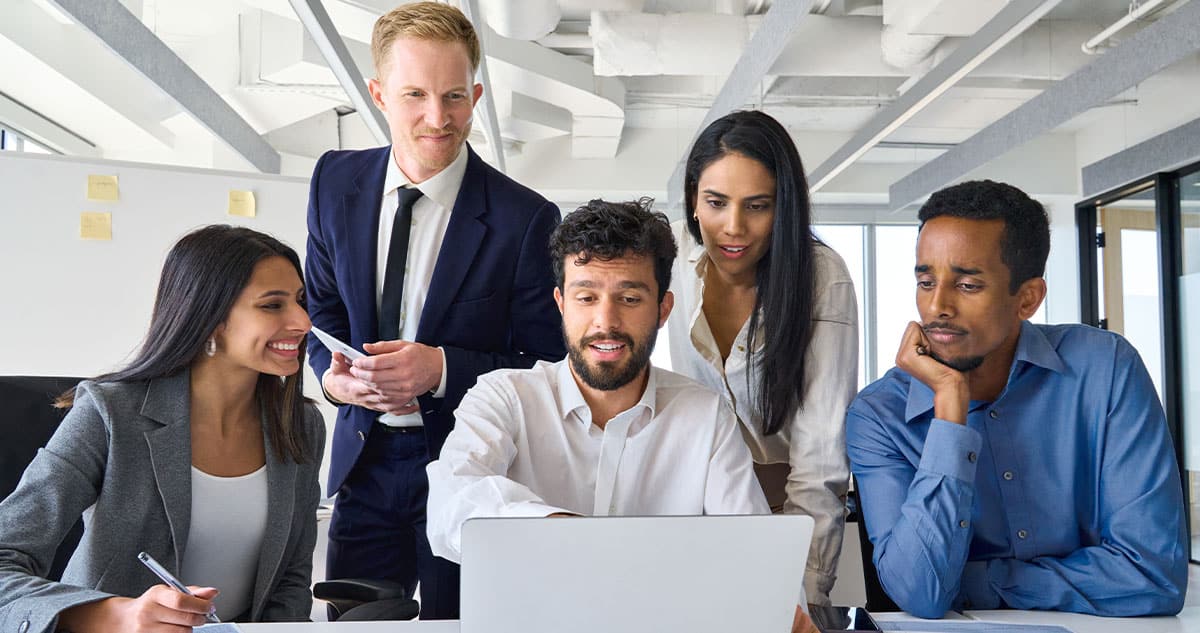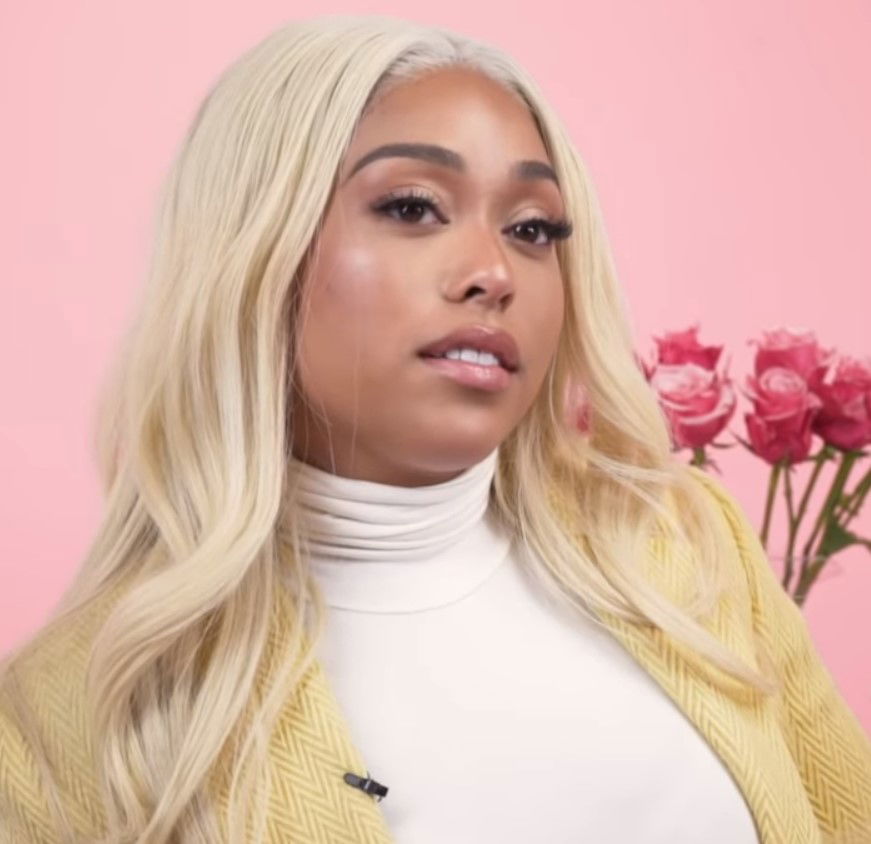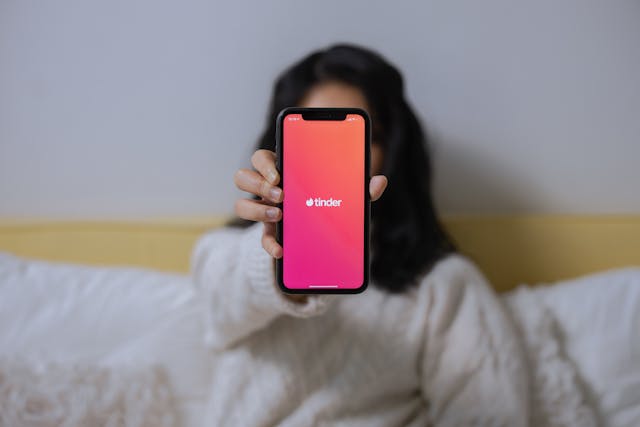
Anu Gupta wants us to rethink the way we approach anti-bias training.
The lawyer, scientist, educator and Be More CEO developed the PRISM toolkit. PRISM, which stands for perspective-taking, prosocial behaviors, individuation, stereotype replacement and mindfulness, draws upon two decades of training and original research to create a set of practices that are backed by neuroscience to effectively teach how to reduce bias.
Gupta’s book Breaking Bias: Where Stereotypes and Prejudices Come From—And the Science-Backed Method to Unravel Them offers a practical framework for reducing biases in the workplace.
Q&A with Anu Gupta
We spoke with Gupta about his life, his work and how we can address our own biases.
(This conversation has been edited for length and clarity.)
SUCCESS: Tell me about yourself.
Anu Gupta: I’m an immigrant from India. I personally experienced a lot of biases because of my intersectional identities. I’m a cis man, also queer; I’m a man of color. I’m a person of faith with lots of different backgrounds. As a result of that, I’d internalized a lot of these biases, which eventually led me to contemplate suicide.
I started taking advantage of as many tools as I possibly could to understand why I would take such a drastic step. I realized that the tools I was using, what I call the PRISM toolkit, are also the tools that science has shown to measurably reduce bias. That kind of became my calling.
S: I appreciate you sharing your own struggles. So many people believe that we live in a post-bias world and that acknowledging diversity is irrelevant. Why is it so important to continue to acknowledge bias and look for solutions to move forward?
AG: The fact that we deny bias is one of the main challenges around bias. I define bias [as] a learned habit, and there are two forms of biases:
- Conscious bias: These are learned false beliefs.
- Unconscious bias: These are learned habits of thought.
This shows up in workplaces across the board. Now, when people say that we live in a post-biased world, well, how could that be? There [are] so many discrimination lawsuits out there. Sexual harassment is still a challenge in the workplace. We [still] see disparities with respect to compensation across gender lines, across class lines, across racial lines.
S: You also talk about the role of social contact in bias. Can you tell me a little bit more about that?
AG: The idea of social contact actually comes from a social scientist named Gordon Allport. He was kind of a seminal scholar… of prejudice studies. He wrote this book called The Nature of Prejudice in 1954, and he basically said that social contact is one of the ways we can break bias.
Even though social contact is a way to break bias, it actually reinforces bias too… because we’re so hypersegregated. We often just interact with people who share the same views as us, watch the media we watch or who look like us or who are in our faith tradition.
S: You talk about how emphasizing intersectionality can help people address their own biases. Tell me more about that.
AG: Intersectionality is one of the words that has been highly misunderstood in our society. But basically what intersectionality means is the uniqueness of every human being based on all of their different secondary identities.
I think this concept actually helps us because it helps us be more intimate with people for who they are versus the ideas we’ve been fed about one another. And at a time of polarization where it’s so easy to trivialize a person because of one or two identities they may have, we have to really come together.
S: How can entrepreneurs follow your method to address their own biases?
AG: [As] entrepreneur[s], we have clients that we support, we have customers that we support and we have stakeholders and teams. For us, the opportunity is… to really become aware of it and transform it.
S: And this awareness can come from mindfulness?
AG: [Mindfulness is] awareness of what’s happening in our own experience. Our thoughts, our emotions, as well as our somatic experience. When we’re with someone, whether a client, customer, employee [or stranger], just notice whatever arises.
The idea isn’t just to suppress thoughts… they’re gonna arise. What we need to do is become aware of them, mindful of them, and then we can replace them with a real example.
S: I know you do training. Are there any other tools that you have available that our readers can look up?
AG: We have courses on breaking bias, you know, breaking unconscious bias, breaking racial bias, compassion, of course, breaking bias with mindfulness. So all of those tools can be found on Be More With Anu.
Photo courtesy of insta_photos/Shutterstock




